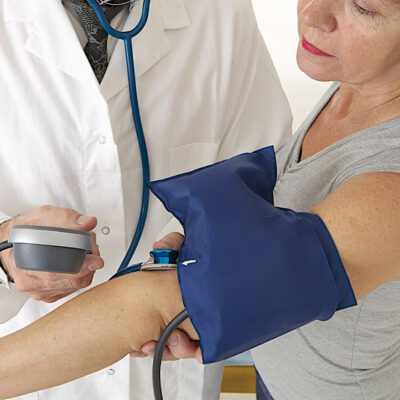
Key Signs and Symptoms of Prostate Cancer
Prostate cancer, as the name suggests, develops in the prostate gland. This gland is responsible for releasing seminal fluid for sperm production. While this is one of the most common forms of cancer, it grows slowly and stays confined to the gland, making it slightly less menacing than others. Also, it may require only minimal or no treatment at all. However, some cases appear to be aggressive and can advance quickly.
When prostate cancer gets detected early, it is still confined to the gland, making it easier to treat it successfully. Usually, men do not show any visible signs and symptoms of prostate cancer, but some things can indicate the possibility of developing it later on. The most common symptoms of prostate cancer are discussed below.
1. Problems in urination
When one notices a weak or slow urinary stream, they should get themselves checked by a doctor, as it could be a sign of prostate cancer.
2. Increased urination
Some people with this form of cancer experience a frequent urge to urinate, especially at night.
3. Blood in the urine
If one notices traces of blood in the semen or urine, they should not take it lightly; this could indicate prostate cancer. These symptoms are quite similar to benign prostatic hyperplasia (BPH). But such signs are not visible in the early stages. They will surface only when cancer has grown large enough to start compressing one’s urethra and hampering urine flow. When cancer advances, the patient may even experience bloody urine and an unprecedented inability to pass urine.
4. Erectile dysfunction
This is one of the common symptoms of prostate cancer. People with this condition can face difficulty in getting erections.
5. Pain
Sharp pain or burning feeling when one passes urine can be an early warning sign of prostate cancer.
6. Trouble sitting
Some patients experience difficulty and pain when sitting down, possibly because of an enlarged prostate.
Many of the signs and symptoms mentioned above can be triggered by other health factors. For example, difficulty in urinating can be because of benign BPH. This is a non-malignant growth in the prostate gland. Nevertheless, one must inform the doctor about these symptoms to identify the right cause and get it treated. Besides, urinary symptoms may be the result of the urinary tract or bladder infections.
When cancer spreads onto other parts outside the prostate gland, one may notice signs and symptoms like:
- Pain in the back, shoulder, hips, and thighs
- Swelling and fluid buildup in the legs
- Fatigue
- Change in bowel habits
- Unexplained weight loss


